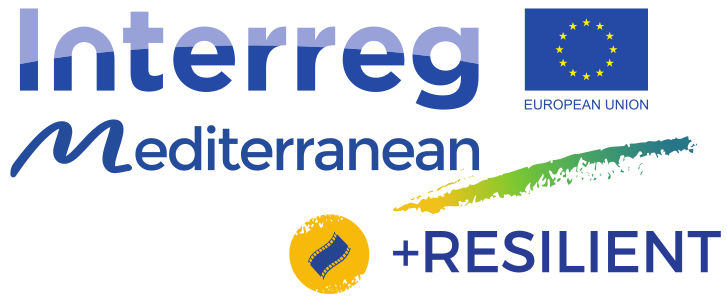Pilot Name: Food desert Operation
Description:
Delivery of public innovation services.
The main focus of the initiative is to develop a specific project aimed at reducing the food gap between rich and poor citizens, between well-off and deprived neighborhoods, between city centre and the periphery.
The major outcome is an improved access to healthy, quality and sustainable food (organic and local production) through the progressive change of food habits (training, cooking workshops, visits of local producers, markets and solidarity groceries) and an increase in the food supply in the concerned neighborhoods.
Activities:
The pilot action will be part of a larger project call Food desert Operation led by the city of the agriculture (a local nonprofit organization that emerged in 2015) that has just started in Marseille.
Within this project, the Resilient pilot action will be aimed at supporting this operation through the development of one of the following actions:
– Mapping of formal and informal sources of food supply and any type of data that may be relevant for detailed mapping and diagnosis of the food access in these poor neighborhoods.
– In depth analysis of the inhabitants’ eating habits (quantitative and qualitative data)
– Construction of impact indicators relevant to the project and their possible diffusion to other territories.
The pilot action will rely on two specific methodological tools anchored in participative dynamics and mobilising a diversity of partners:
– a design sprint to choose the precise problem (problematisation stage) to tackle and the way to solve it. During this workshop, tools of design thinking will be applied, with the aim to identify the specific objective of the pilot action (such as improve food quality in collective catering from schools or social centres) and elaborate the plan for next steps.
– a hackathon with the aim to deliver a product or a prototype (operationalisation stage) at the end of the day (such as an interactive map of sources of food supply or of urban agricultural projects, a impact measurement methodology or a prototype to collect data on inhabitants’ eating habits, …)
In both workshops, multiple stakeholders will be invited to participate (in particular social workers, social economy organizations, grocery stores, food companies and local producers, universities and local and regional public authorities)
